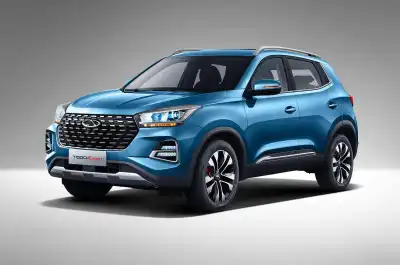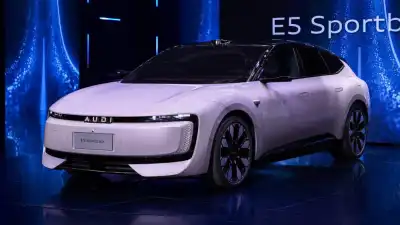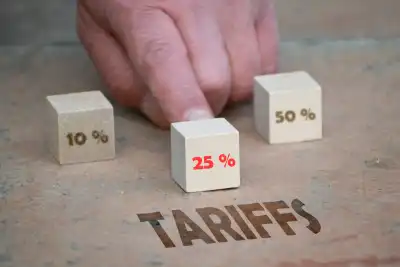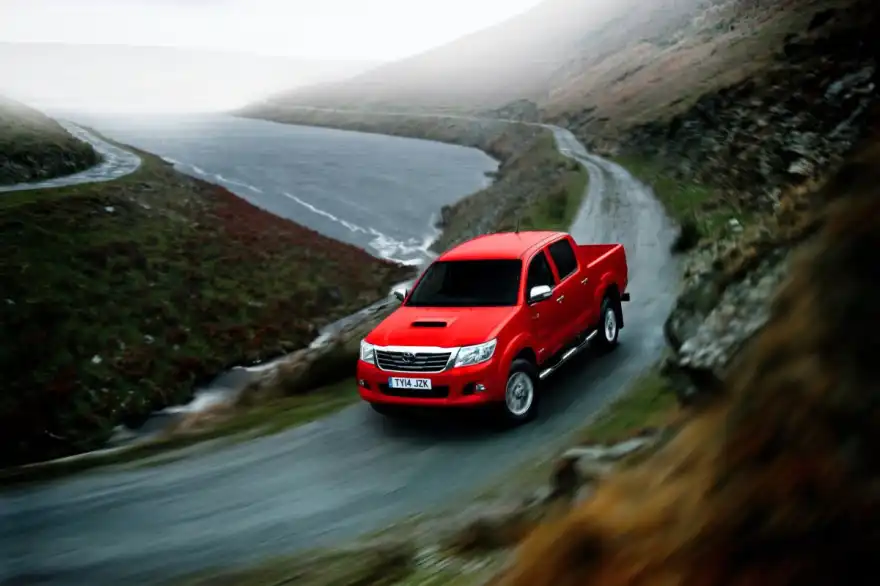
Rachel Reeves is facing criticism over a new tax policy that could increase costs by thousands of pounds for people who rely on double cab pick-up trucks for work—especially those in rural areas.
From April 6, 2024, the Government changed how these vehicles are taxed. Double cab pick-ups with a payload of one tonne or more are now classed as cars instead of vans for Benefit-in-Kind (BiK) tax purposes. This change means that company car tax rates for these vehicles have jumped dramatically—from as low as 3% to as high as 37%.
Critics say this decision will have a serious impact on people who use these vehicles for work, including farmers, tradespeople, and small business owners.
Tim Bonner, chief executive of the Countryside Alliance, said:
“Rachel Reeves' pick-up truck tax will hammer thousands of working people in the countryside and beyond. From farmers and gamekeepers to plumbers and builders, the twin cab pick-up has become the country’s favourite workhorse. Reclassifying them as cars will hit working people hard.”
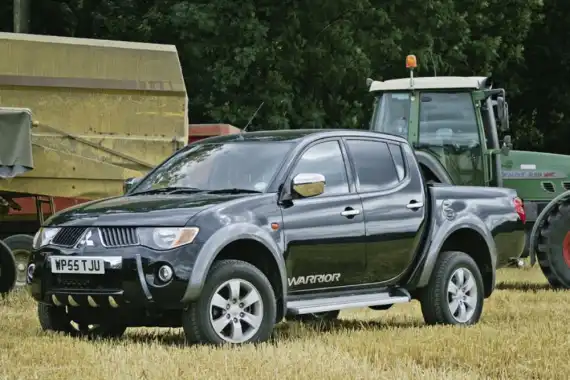
Until now, tax rules aligned with how VAT works: if a pick-up could carry more than a tonne, it was classed as a van. But from April 2025, HMRC will apply a new two-part test that looks at whether the vehicle is mainly designed to carry goods or passengers. Many pick-ups—because they’re good at both—will now fall under the ‘car’ category.
One example is the popular Toyota Hilux 2.8 D-4D Invincible. It produces 233g/km of CO2 and costs £41,960. Under the new rules, the BiK tax on it will rise from £3,960 to £15,525 per year.
Vehicles with four doors, space for four passengers plus a driver, and a rear pick-up area will likely fall under this new definition.
A petition launched earlier this year is calling on the Government to reverse this decision. It warns that the new rules will make work vehicles too expensive for many farmers, tradespeople, and small business owners. The petition has already attracted many signatures from frustrated drivers.
“We think this change will harm many businesses, farmers, tradespeople, and individuals relying on double cab pick-ups for work,” the petition says. “It will make essential work vehicles too costly to run.”

